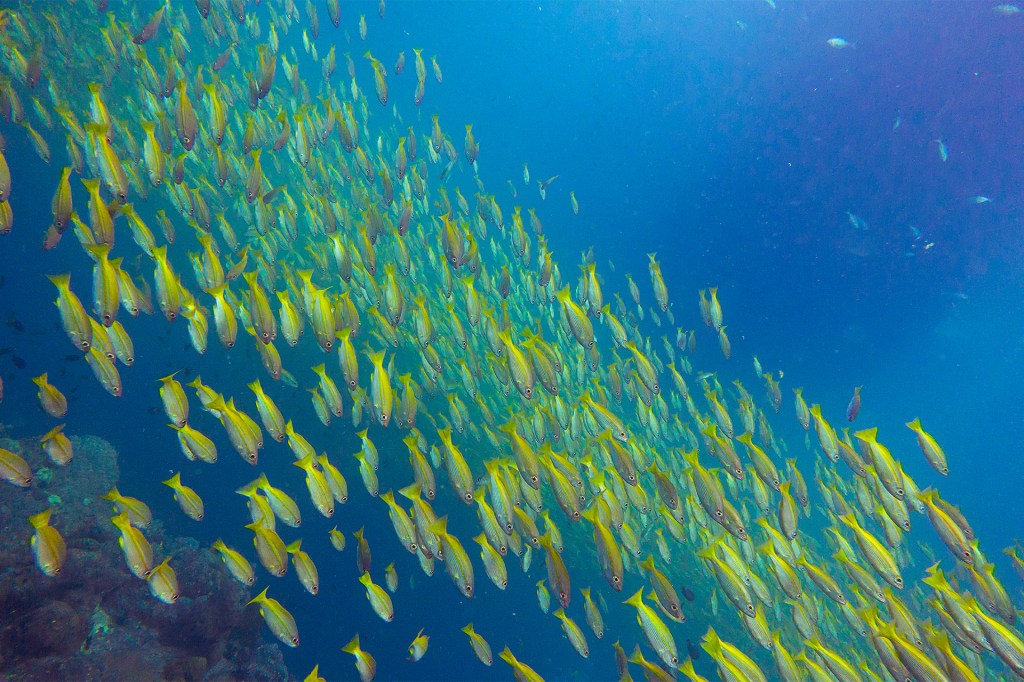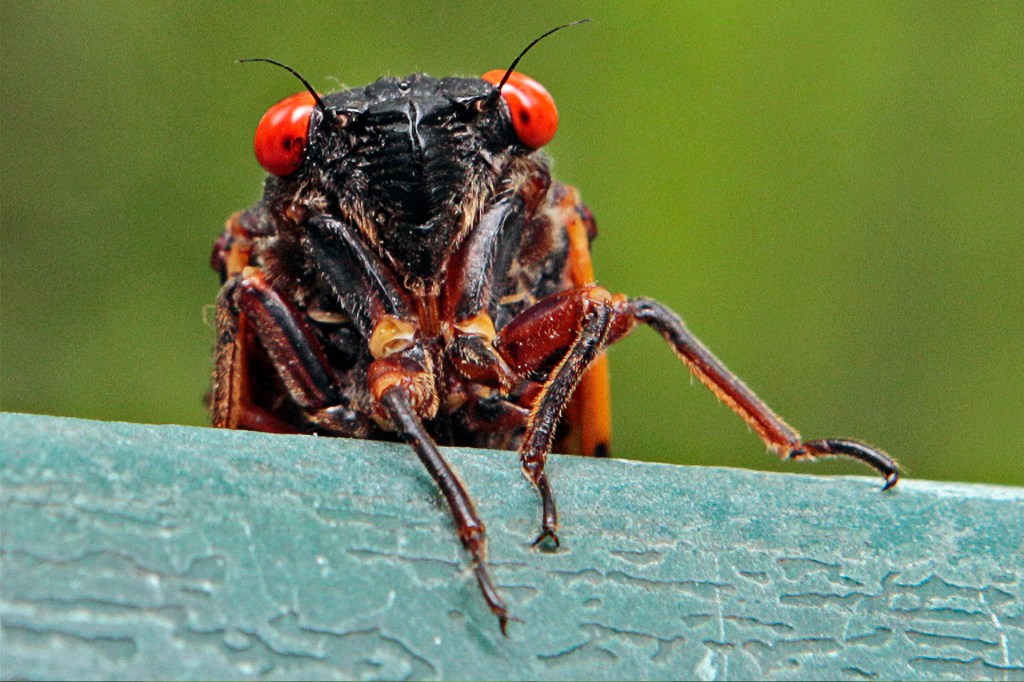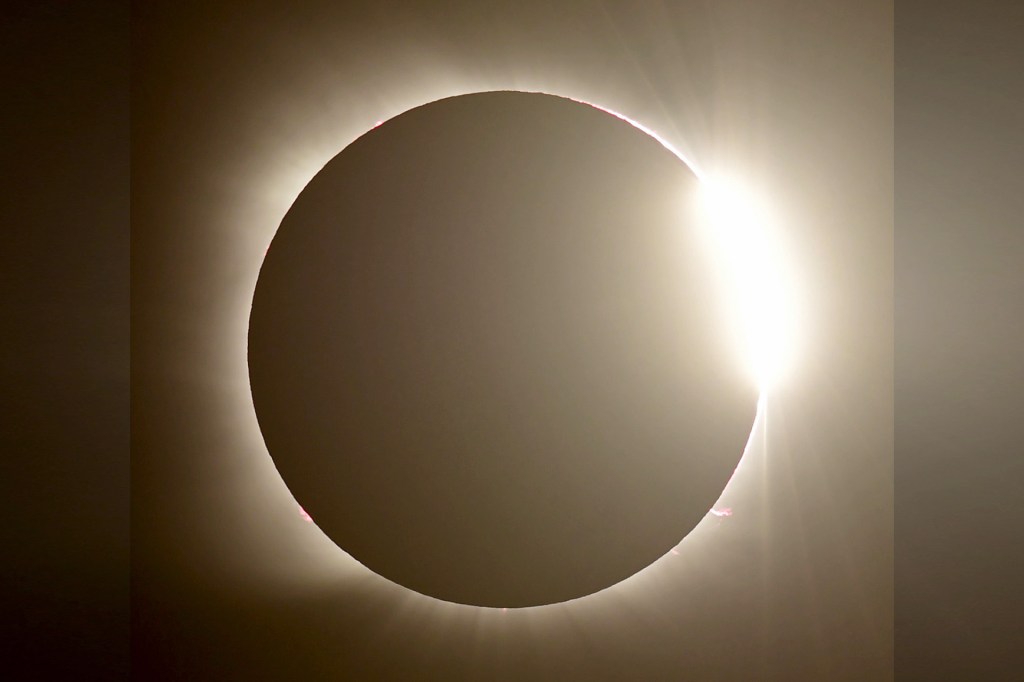Ocean Commotion

Sound pollution is making oceans noisier than ever. And it’s harming marine life. That’s according to a new article in the journal Science.
Researchers looked at thousands of studies on ocean sound and its effects on wildlife. They found that noise pollution has increased over the years. It’s making life hard for sea creatures.
Sea animals depend on the ocean’s natural sounds to find their way around. They also use sound to communicate. “For fish, sound is probably a better way to sense their environment than light,” Francis Juanes says. He’s one of the article’s authors. But noise pollution drowns out natural sounds. It comes from activities like shipping, drilling, and construction. As animals flee noisy areas, their habitats shrink.
There are solutions, the study’s authors write. These include wind-powered ships and quieter propellers. And governments could pass laws limiting noise. “We have noise standards for cars and trucks,” says Carlos Duarte, the paper’s lead author. “Why should we not have them for ships?”
Stop and Think! Who are the people quoted in the article? What makes them experts on the subject? How do their statements help you to understand the topic?











